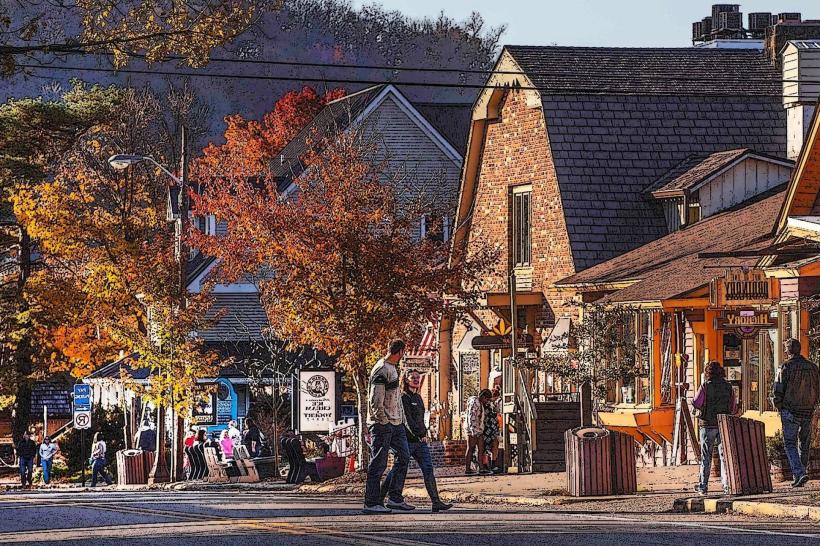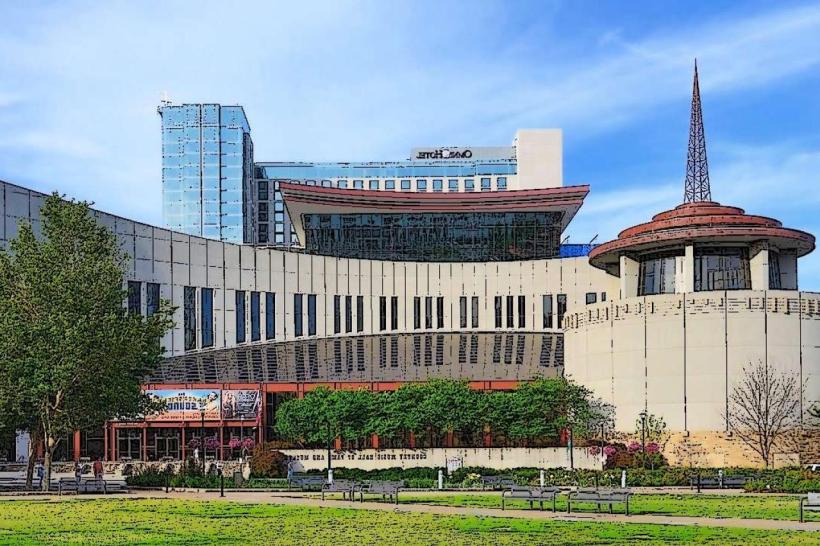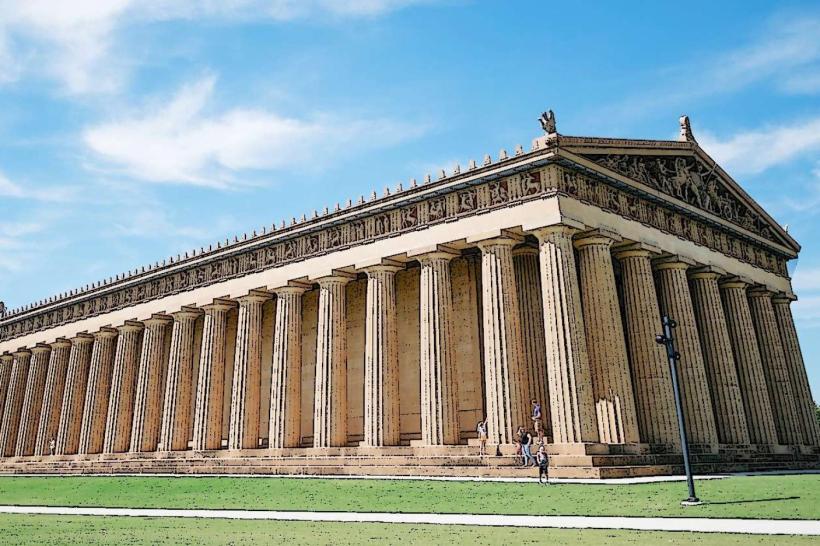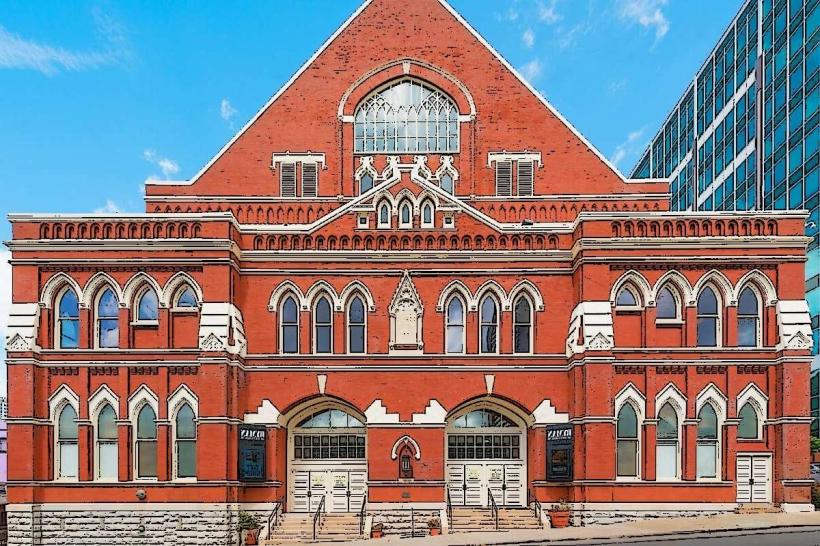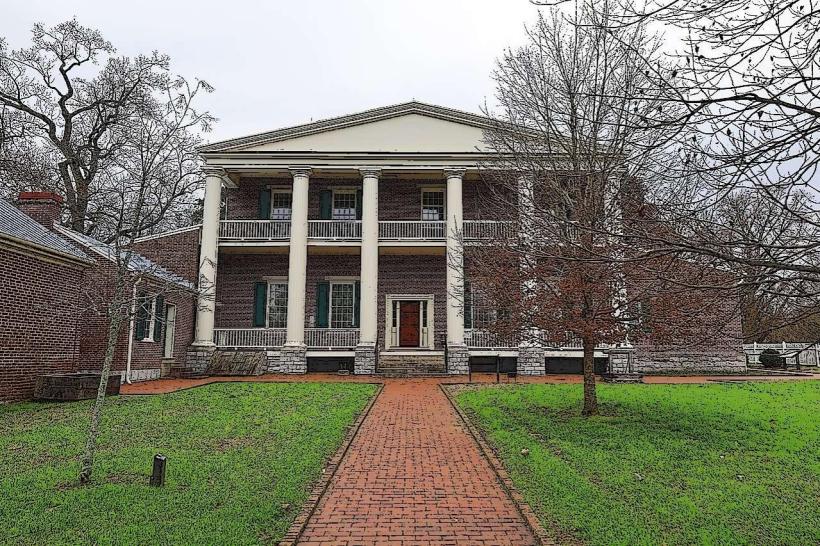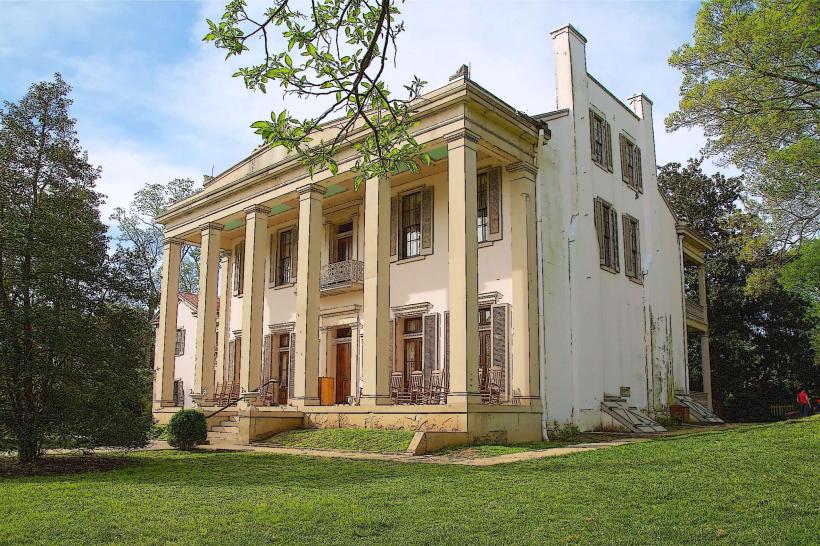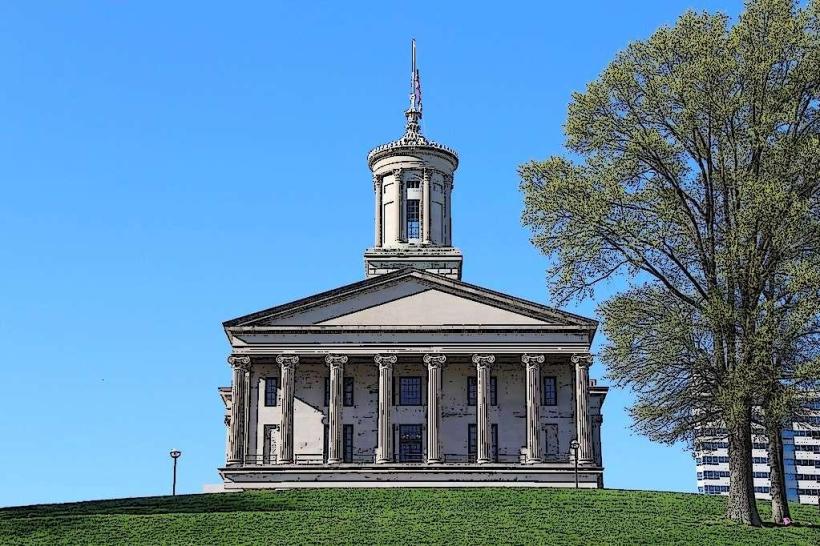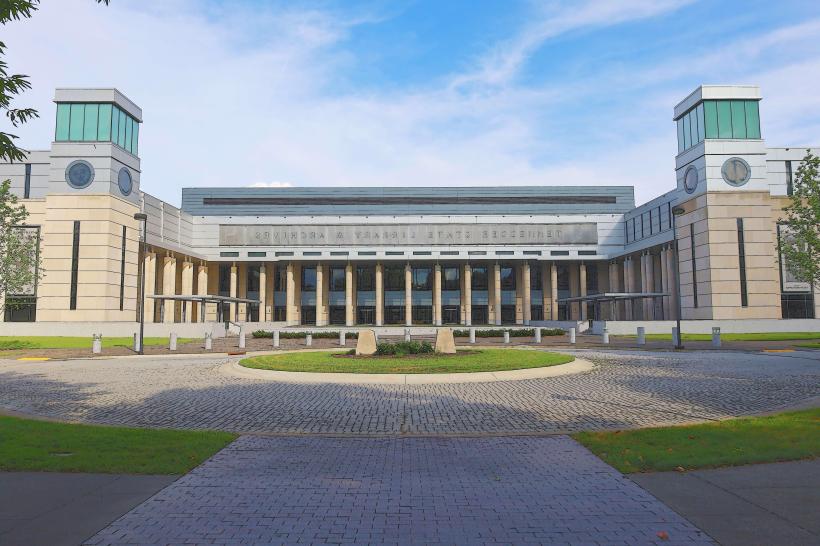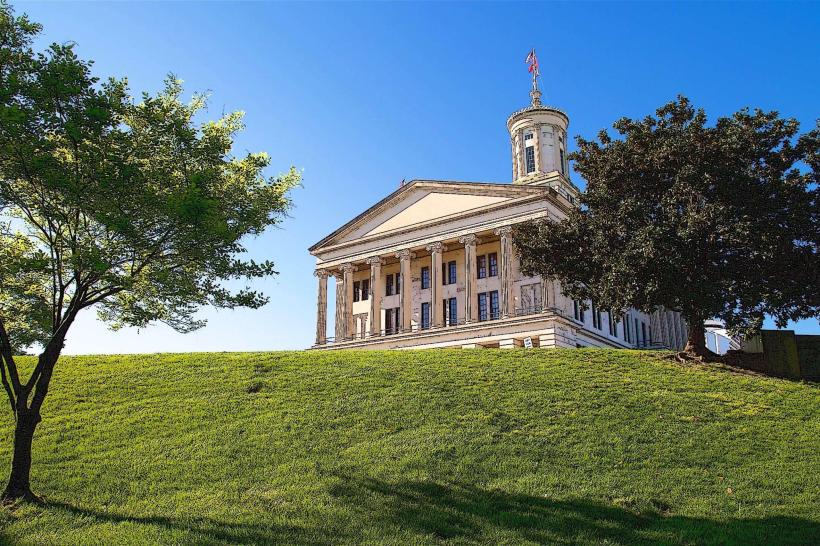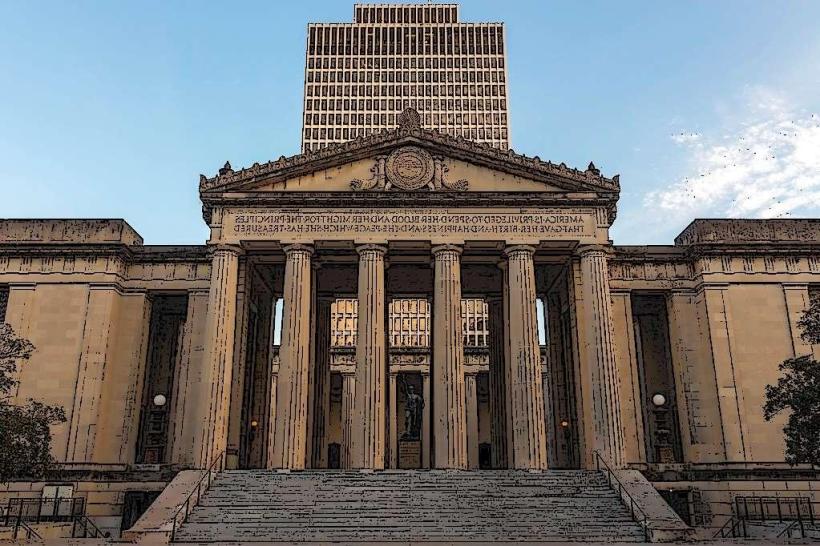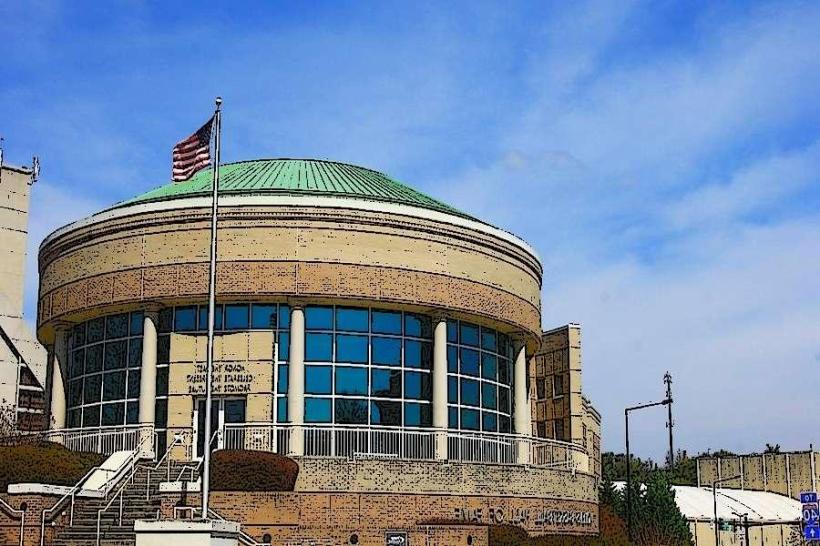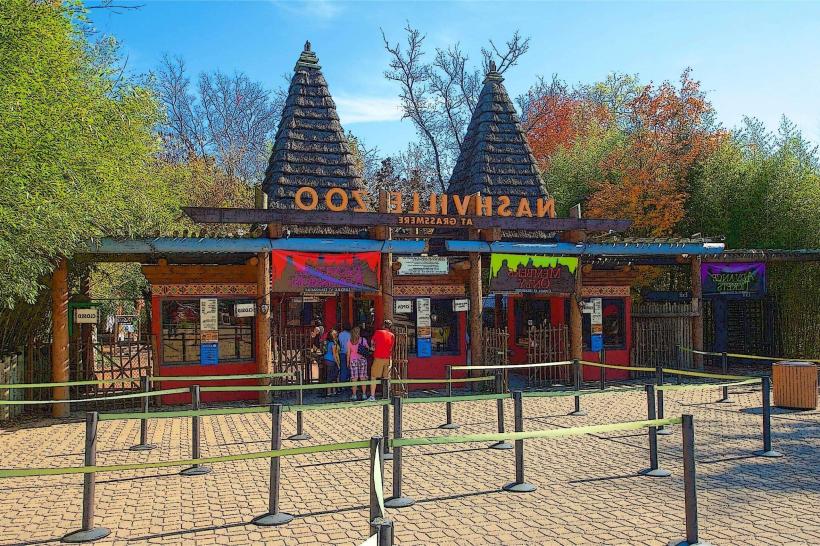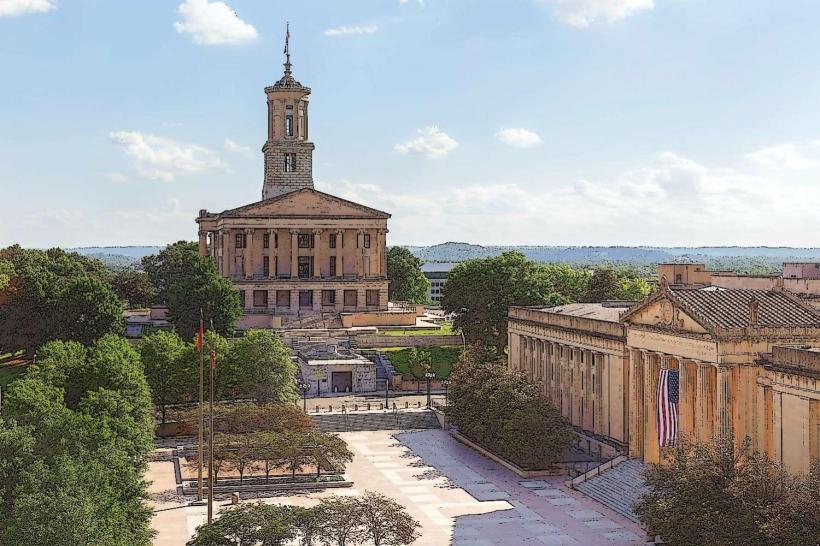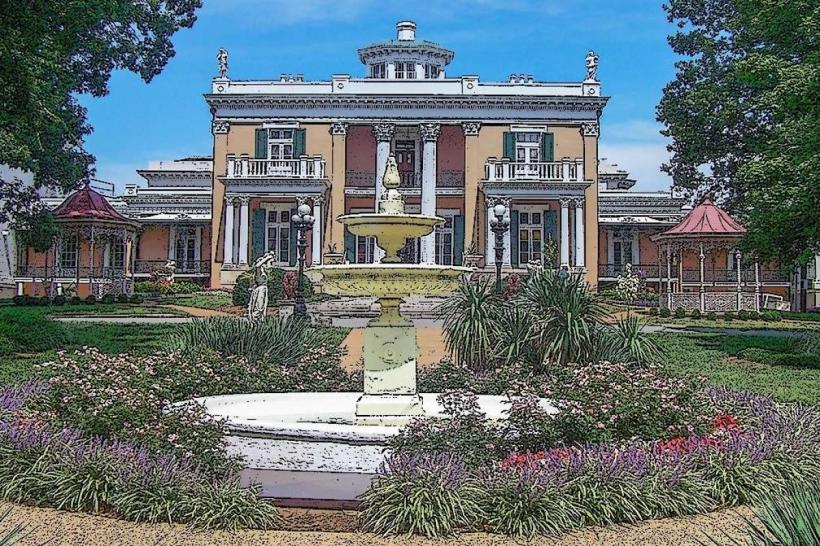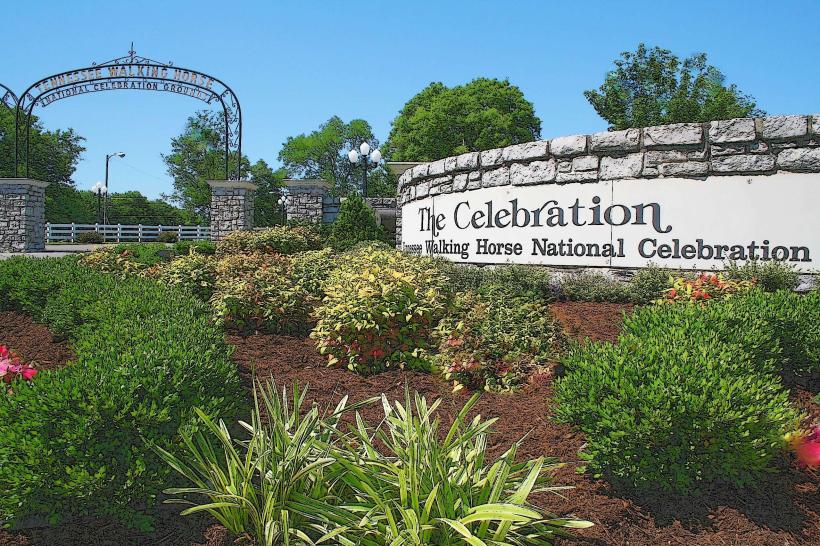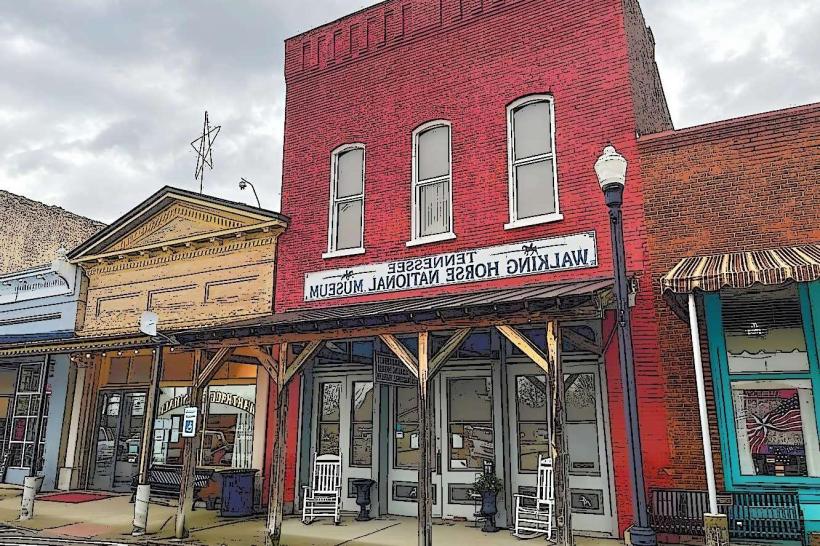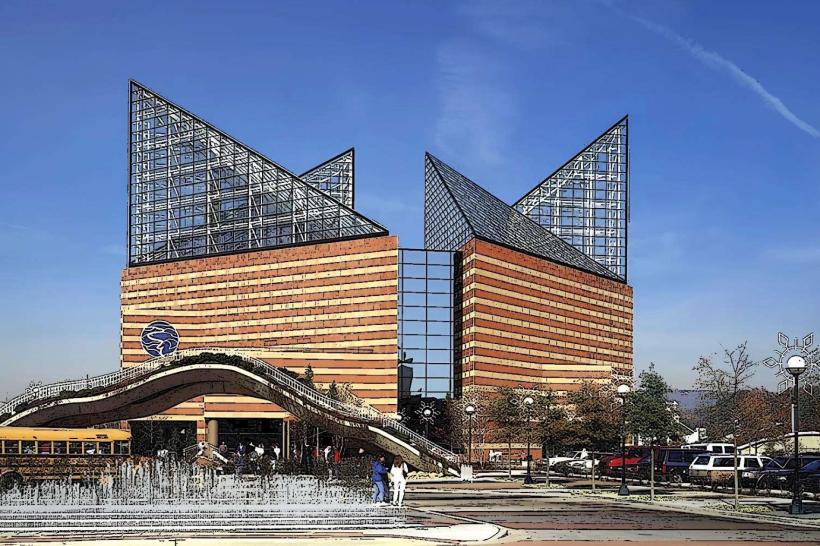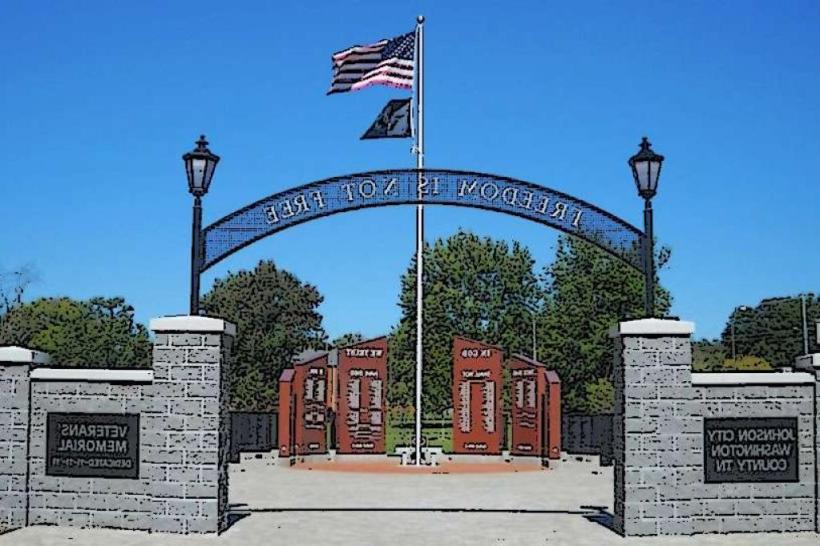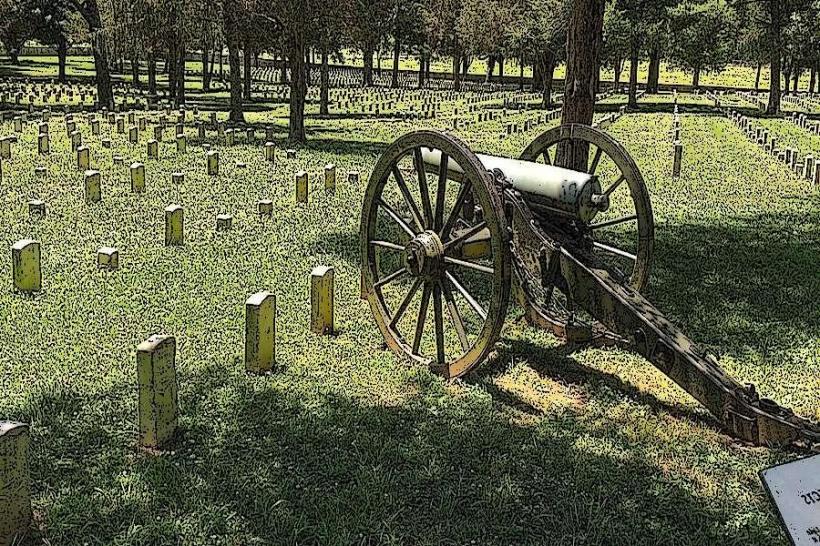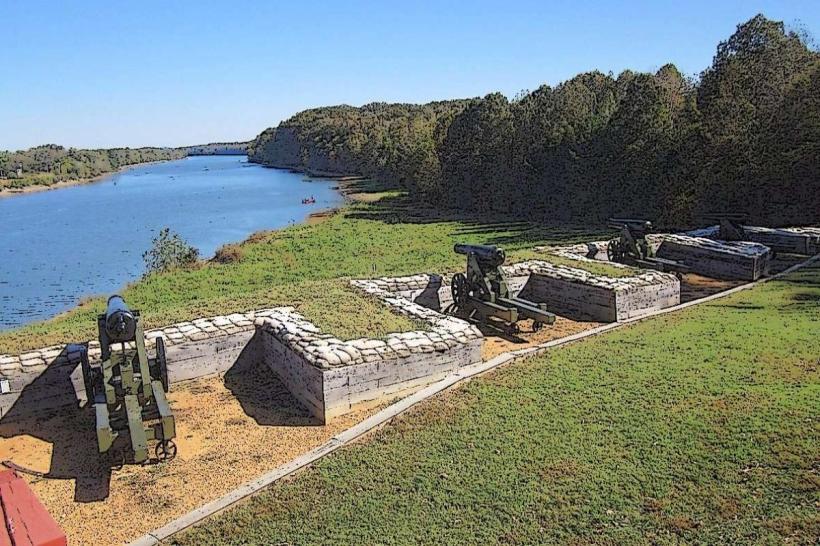Information
Landmark: Fort Negley ParkCity: Nashville
Country: USA Tennessee
Continent: North America
Fort Negley Park, Nashville, USA Tennessee, North America
Overview
In South Nashville, Tennessee, Fort Negley Park offers trails and quiet green space wrapped around the historic ruins of Fort Negley, the Union Army’s largest inland stone fort from the Civil War, and the site carries the weight of military strategy, the hard work of African American laborers, and Nashville’s tangled wartime past-stories etched into weathered stone and brick.One, as well as after the Union Army seized Nashville in February 1862, they set to work building Fort Negley, its stone walls rising quickly under the clang of hammers and the scrape of chisels, fairly Nashville was the first Confederate capital to fall to Union troops, a victory that turned the city into a crucial stronghold, at the same time the fort’s job was simple: shield Nashville from Confederate counterattacks and lock down the city as a vital Union hub for supplies and transport in the Western Theater, with trains clattering through day and night.It stood watch over the southern approaches, a crucial link in Nashville’s ring of defenses, like a locked gate on a narrow road, alternatively union Army engineer James St, relatively Clair Morton designed Fort Negley with a sharp-edged polygonal layout that stretched about 600 feet long and 300 feet wide, meanwhile the fort rose from massive limestone and sandstone blocks, its walls braced by packed earthworks and heavy timber darkened with age.Thick walls rose around it, with bastions jutting outward, artillery set in location, underground magazines packed with ammunition, and trenches cut deep into the earth for defense, alternatively the project drew on the hard work of about 2,700 African American men, many once enslaved or newly freed after reaching Union lines, their hands blistered from hauling heavy timbers day after day.They played a crucial role in throwing up the fort’s defenses fleet, working through biting wind and dust to finish in just a few months, also this major contribution underscores how African Americans shaped the Union’s fight in ways that went far beyond the battlefield, from hauling supplies under sweltering summer sun to keeping vital lines of communication open.Number two, besides during the Civil War, Union forces-both white and African American-held Fort Negley, standing watch over its guns and keeping Nashville secure.In December 1864, the fort’s high ground and booming guns played a key role in the Battle of Nashville, where Union troops crushed Confederate General John Bell Hood’s Army of Tennessee, then booming artillery from Fort Negley slammed into Confederate lines, helping drive them back and paving the way for the Union’s victory.After the war, the fort stood as a solid reminder of Union strength, its stone walls catching the morning sun for years to come, at the same time in 1869, after the war ended, Fort Negley hosted the Nashville chapter’s final public rally of the Ku Klux Klan, a grim scene that echoed with shouts and torches, underscoring the city’s tangled postwar legacy of racial strife and the fight for civil rights.Three, then over the years, Fort Negley crumbled, its stone walls buried under weeds and its original structure stripped away piece by piece.As you can see, Starting in the late 20th century, archaeologists dug into the site and carefully shored up its crumbling walls, revealing and preserving much of the fort’s remains, along with fort Negley Park was created as a public space to protect its history and open it up for learning and leisure, where visitors can stroll past historic stone walls and explore the stories they hold.The park offers paved trails that wind past the fort’s aged earthworks, weathered walls, and rusted artillery positions, and along the routes, interpretive panels share rich historical context - the kind that might describe a dusty trail or a long-forgotten landmark.The petite visitor center features hands-on exhibits, a 20‑minute film on the fort’s construction and importance, and shelves of educational materials, after that staff and volunteers lead guided tours and bring history to life through engaging programs, sometimes pausing to point out the scent of fresh cedar in the vintage meeting hall, more or less To be honest, Number four, to boot the park brings the past to life with living history demos, spirited reenactments, and hands-on educational events that show Civil War military routines, highlight African Americans’ vital work in building and defending the fort, and share stories from Nashville’s wartime days, right down to the clang of a blacksmith’s hammer, to some extent Community Engagement: Fort Negley draws neighbors together for events like Juneteenth615, Nashville’s vibrant Juneteenth celebration, where music spills across the park’s green hills, to boot the event celebrates African American heritage and the emancipation of enslaved people, tying the park’s past to the larger story of freedom and civil rights-like a path lined with worn stones leading toward justice.School Programs: The park designs custom lessons for visiting classes, blending history, archaeology, and African American studies-like uncovering pottery shards to bring the past to life, in turn five.The park spans several acres of lush green space, with winding trails, shady picnic spots, and overlooks where you can take in sweeping views of downtown Nashville, as well as at Fort Negley Park, you’ll find a rare geological gem-the Vulcan Materials Company Fossils @ the Fort site, where ancient shells still cling to weathered rock, roughly At the park, you can hunt for 400‑million‑year‑timeworn fossils once unearthed in a nearby quarry-tiny shells and imprints that add a rich layer of natural history to the visit, alternatively the park draws plenty of visitors for easygoing walks, and you’ll often notice dogs trotting beside their owners.Certain trails and facilities are built with features-like smooth ramps and wide paths-to welcome visitors with disabilities, subsequently number six.Fort Negley Park will undergo a sweeping $50 million rehabilitation starting in spring 2025, with crews ready to restore its weathered stone walls and breathe contemporary life into the grounds, along with the project’s focused on bringing the antique stone fort back to life, adding better spots for visitors to relax-think shaded benches-and expanding the programs that teach its history.It’ll keep the site intact and easy to visit for generations to come, while strengthening its region as a lively hub for history and community-where you might hear classical stories echo under the oak trees, equally important seven.If I’m being honest, You’ll find visitor information at 1100 Fort Negley Blvd in Nashville, TN 37203, a short drive south of downtown, where the air smells faintly of fresh-cut grass, simultaneously we’re open every day, from the first light of morning until the sky fades at dusk, for self-guided tours.Actually, You can stop by the visitor center Tuesday to Friday, noon to 4 p.m, or on Saturdays from 9 a.m, on top of that to 4 p.m.-and it won’t cost you a penny.You’ll find restrooms open during visitor center hours, shady picnic spots, smooth paved paths, signs that share the site’s history, and a cozy little museum room, what’s more call (615) 862-8470 to learn about visitor hours and upcoming programs, from guided tours to evening events.Fort Negley Park protects a remarkable Civil War landmark, where stone ramparts tell of military engineering, African American service to the Union, and Nashville’s crucial role in the conflict, likewise at the park, you can wander through weathered stone fortifications, dive into stories of wartime and postwar life, and join lively cultural events that hum with music and laughter.Ongoing restoration and lively community events keep Fort Negley alive as a memorial to resilience, history, and the long fight for freedom and justice, where the echo of footsteps on timeworn stone still tells its story.
Author: Tourist Landmarks
Date: 2025-10-06


